Life after football: Lessons from Lucky Lekgwathi
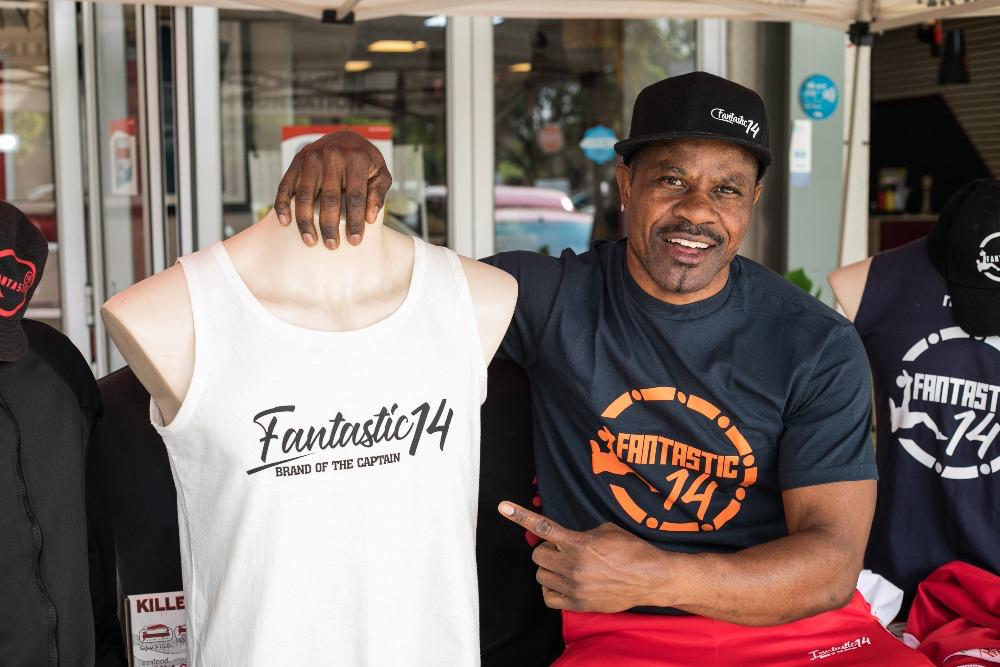
The football gods surely have a sense of humour. Look at this. Lucky Lekgwathi spent 14 years at Orlando Pirates, translating to 14 seasons, donning the famous jersey number 14. He also pulled on the Bafana Bafana jersey 14 times. And oh, tomorrow is the 14th of January, and he relaunches his ‘Grootman’ restaurant that was left in ruins in July last year after being destroyed and pillaged by looters in Kliptown, Soweto.
Interestingly, Lekgwathi’s football career was without blemish.
After all, ‘Captain my Captain’ remains Orlando Pirates’ most successful skipper after guiding Bucs to an unassailable six trophies in two seasons – 2010/11 and 2011/12.
But while the success was coming on the football pitch, his fingers got ‘burnt’ trying to prepare for life after football. Not once, but twice.
“I tried investing in a butchery near Sebokeng in 2014, and it didn’t work out; I lost my money there. I then tried my hand in the funeral parlour business. That didn’t work again,” Lekgwathi tells FARPost.
The 45-year-old, who hung up his boots at the end of the 2015/16 season, says experiencing failure can teach you lessons that you wouldn’t have learned otherwise. He shares some of the lessons he picked from his failed business ventures.
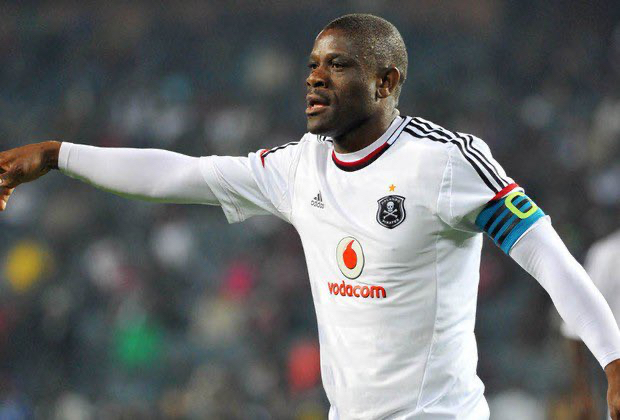
The distressing uncertainty
For a good 19 years, starting at the now-defunct Mahwelereng Real Rovers, he trained extensively, spending most of his young life in and around the football pitch. Truth be told, after years or sometimes decades of pursuing glory on the football pitch, retirement is a concept that soccer stars do not wish to think about in great detail. ‘Phinda Mzala’ recalls those days in 2016 as he began to ponder what would become of him after hanging up his boots? Would Pirates offer him a new playing contract? Will they offer him a gig? How would he sustain himself? It’s a thought that uninvitedly crosses every athlete’s mind, and when it happens, Lekgwathi admits it’s terrifying.
“There’s fear as to what’s going to happen, where will I work, what are my plans? Of course, there’s no fear when you’ve invested and have a plan.
“In my case, I was like, ‘I don’t know what I’m going to do’. I was expecting Pirates to say ‘come and do this’. I had this fear that if Pirates don’t offer me something, what do I do. It’s not a good feeling, you were living a good life, but you’re now thinking I’m going back to how life was before football,” explains Lekgwathi, who retired at 40.
Hefty salaries are not enough
Sadly, a long retirement is the price footballers pay. At most, after 15 years of glory, there probably is another 20 or so years to live. Undoubtedly, life after football is the longest, most challenging thing they must face – sometimes unproductive decades stretching ahead, leftover life to kill.
The former Bucs skipper says he realised that the hefty salaries earned at the peak of one’s career were hardly enough to sustain them after their playing days.
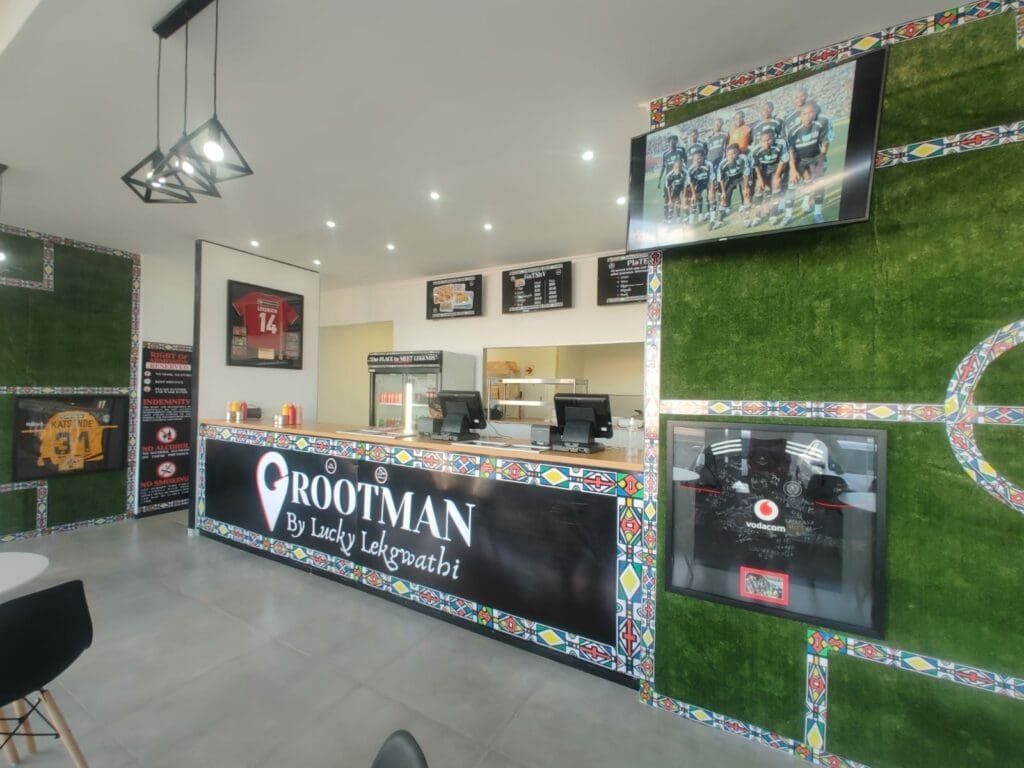
“If you don’t have a business, that money you earn as a footballer won’t sustain you until you die. Footballers need to run their businesses. Football is a short career, and when you don’t have something to fall back on, you’ll fall on hard times,” Lekgwathi says.
His attempts to run a butchery business or the failed funeral parlour aimed to cushion the father of three and his family after football. But it came with lifelong lessons.
Luxury cars aren’t an investment
Football stars and luxury cars are generally inseparable the world over. Wages are already up there, so why not the ride too?
The Garankuwa-born stalwart recalls Dr Irvin Khoza’s message to him as he approached the twilight of his career. “He said cars aren’t an investment,” he says.
In essence, the Buccaneers supremo warned his captain that although the car was an expensive purchase, it was certainly not an investment.
The general rule of thumb, according to Lekgwathi, is: “investments make you money”. A home appreciates over time while a car depreciates and declines in value each year.
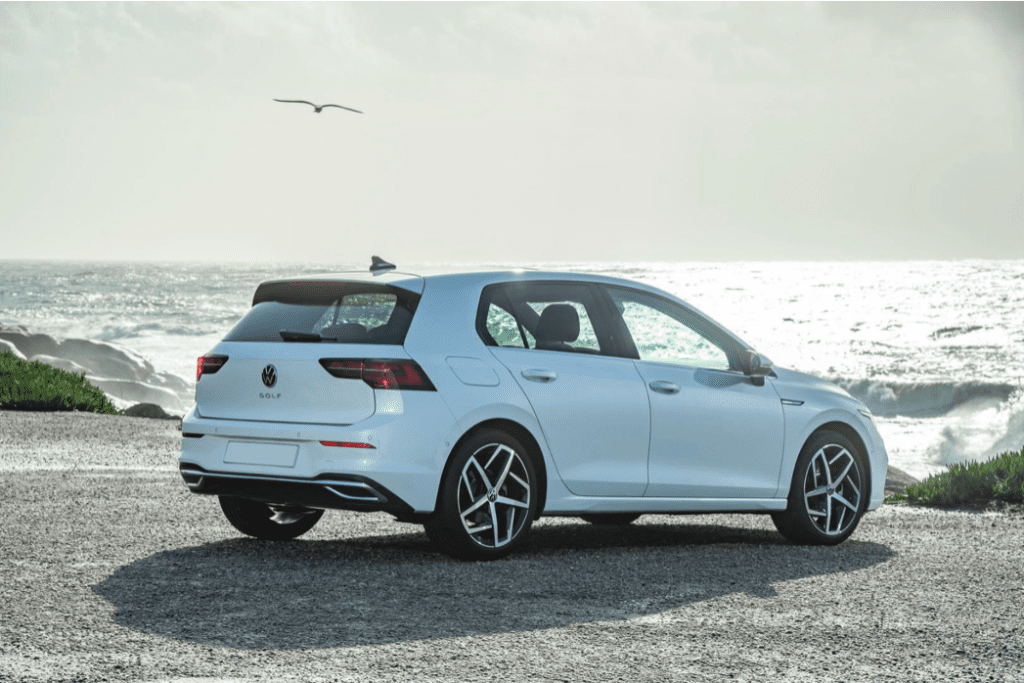
“I knew property was a good investment, so I invested and later realised how important it was,” he explains.
Advice from the right people
While forging one’s path is essential, Lekgwathi seems to have learnt from his failed business ventures. He is not one to charge ahead blindly. Reza Amod – a renowned restaurateur and businessman – is available to lend him his entrepreneurial expertise garnered over many years.
“The butchery business failed because I didn’t have experience running a butchery. The person I partnered with had no experience either, but now I have a brother and business partner who runs restaurants,” adds Lekgwathi, who made over 300 appearances for the Soweto giants.
Amod believes the leadership acumen he demonstrated on the pitch is easily translated to the business.
“He was voted the greatest ever leader in South African football – he can create a team and inspires the team. He connects with customers. He’s a people’s person; he is very pedantic [perfectionist].
It made sense to put this [restaurant] together; it’s been a success, that’s all down to Lucky’s insight,” Amod tells FARPost.
The need for insurance
After the July events, it dawned on the former defender that you’re up against things you can’t control when running a small business.
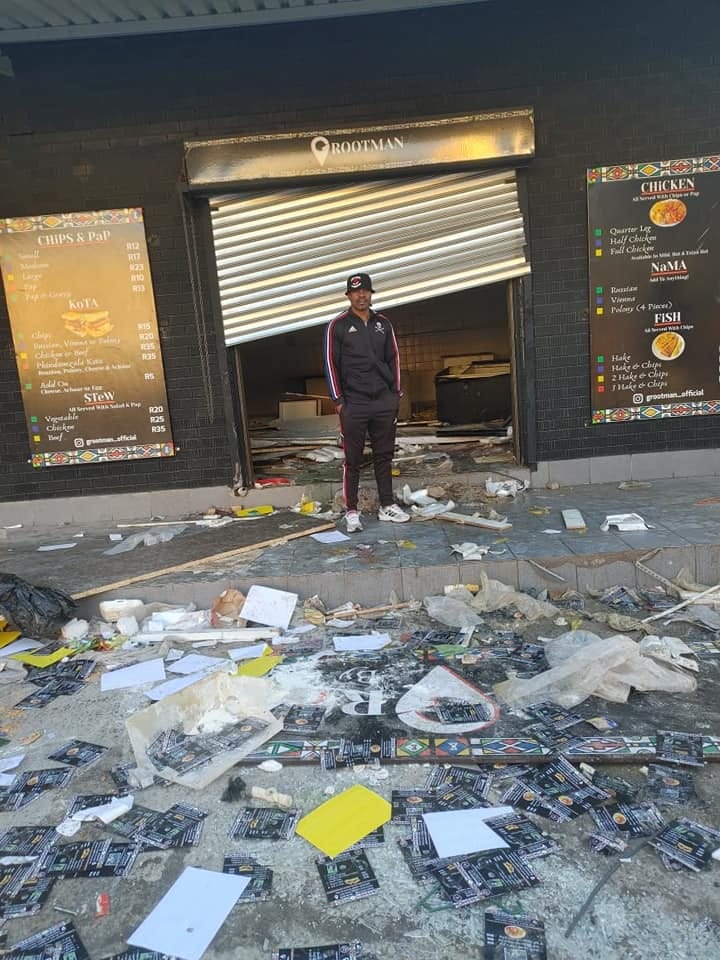
“We were lucky to have South Africans come through to help with rebuilding the restaurant. Willard Katsande’s company also assisted, and they did a good job,” he says.
The former Ria Stars stalwart is aware that businesses need insurance because it helps cover the costs associated with property damage and liability claims. He admits that if he were not Lucky Lekgwathi, he would have had to pay out-of-pocket for the costly damages estimated to have been in the region of R400 000. That would have been a financially devastating scenario for any business owner.
Diversification is key
Having been in the game longer than the ordinary footballer, Lekgwathi would know ‘it is not the strongest species that survives, it is one that is most adaptable to change’.
Besides the restaurant, he is building his clothing brand ‘F14’. “The ‘f’ stands for Fantastic in ‘Captain Fantastic’, and 14 is a special number for me,” he explains.
Award-winning entrepreneur and mental health practitioner Carole Nyakudya’s advice to football stars is: “make sure your eggs are not all in the same basket”. “I find having your financial risk spread across multiple streams increases one’s financial stability and longevity if one of those streams were to turn out a failure,” Nyakudya, CEO of Lorac International, tells FARPost.